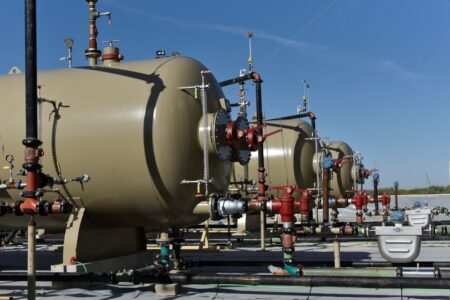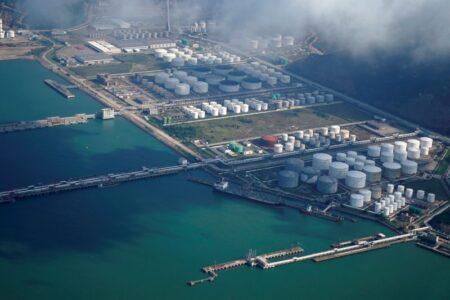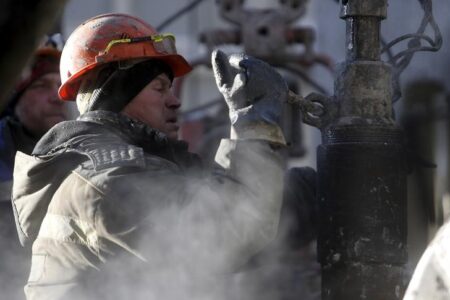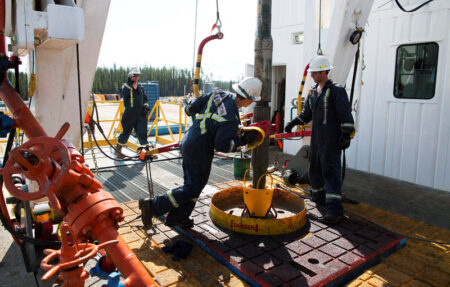The global poultry market is poised for a gradual improvement in the last quarter of 2023 and early 2024, following a period of sluggish growth, according to a report by Rabobank published on Tuesday. This anticipated recovery comes on the heels of lower feed costs, which are expected to stimulate market growth by making poultry more affordable and aiding the industry’s recovery.
The analysts pointed out that after a period of slow poultry consumption growth due to a weak global economy and rising prices from cost increases, global demand has room for some recovery. “This is driven mainly by lower feed costs and, therefore, lower chicken prices,” they explained. He further noted that poultry should be able to benefit from its relatively competitive pricing in many markets compared to other proteins like beef, pork, and alternative proteins.
Global trade volumes peaked in the first half of 2023, hitting a record-high 7.2 million metric tons. This surge was driven entirely by increased trade in raw poultry meat, while trade in processed poultry meat saw a significant drop. Amid more price-driven markets, consumers’ product preferences are evolving, and this trend is predicted to continue into the second half of this year and into 2024.
Brazil, as a cost-price leader in raw chicken meat, benefited most from these bullish market conditions. The country expanded its exports by 16% in the first half of 2023 compared to the previous year, Mulder highlighted.
However, the industry faces challenges in the form of slow global economic growth, further declines in feed prices, and rising volatility risks due to avian influenza. Government interventions driven by food security concerns, geopolitics, and sustainability will continue to impact markets and create volatility in global trade.
Avian influenza is expected to remain a significant factor that could suddenly impact global markets, both from a local supply perspective and a trade perspective. “As avian influenza is now present in most regions, new outbreaks will occur frequently, which often means temporary restrictions on global trade and shifts in trade flows,” the analysts warned.
They advised producers to maintain focus on the operational side. Despite expectations of slightly dropping feed prices, operational costs remain at historic highs, with risks of further volatility in grain prices due to El Niño, as well as energy prices and availability. “Ongoing leadership in terms of costs and procurement will remain key,” they concluded.
This article was generated with the support of AI and reviewed by an editor. For more information see our T&C.
Read the full article here












